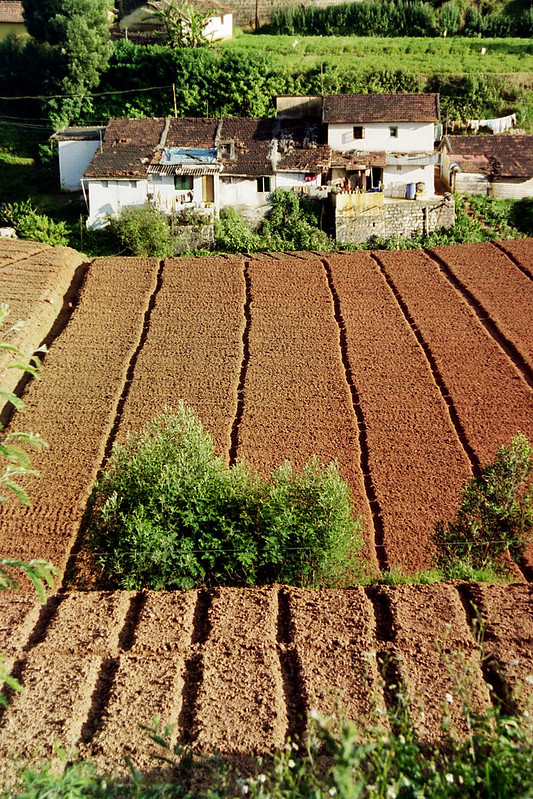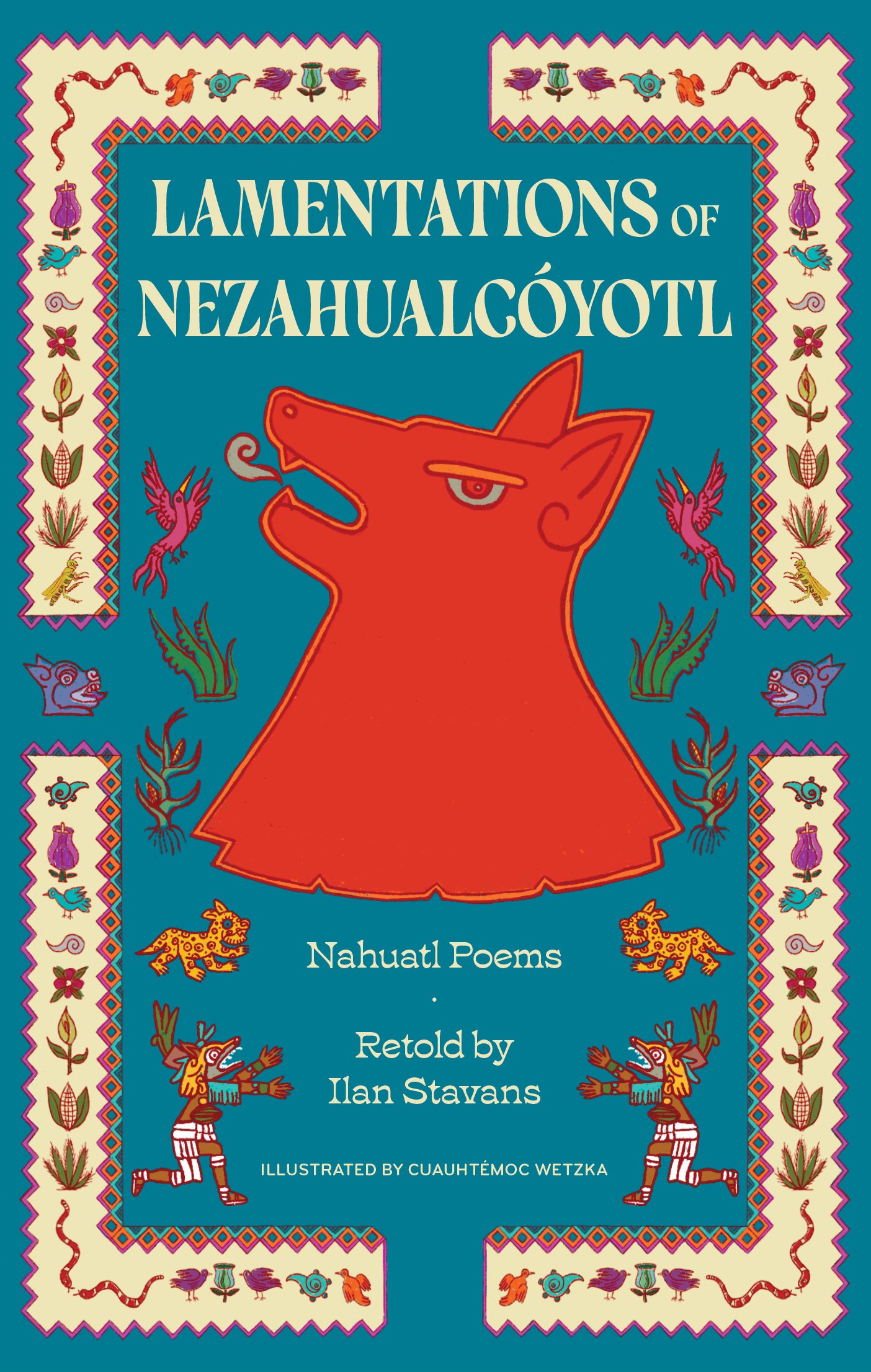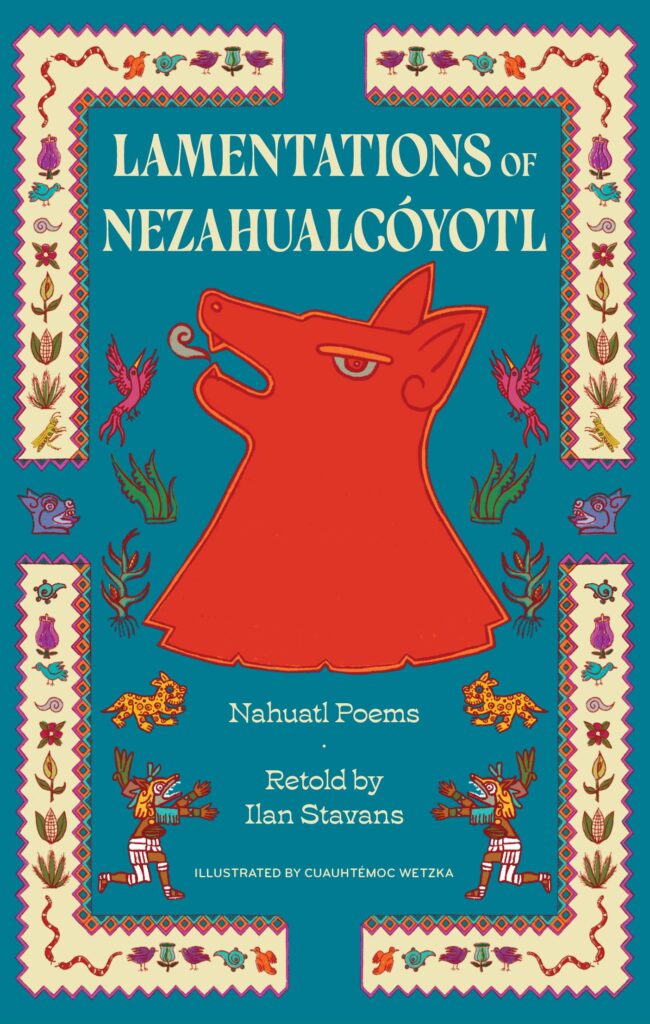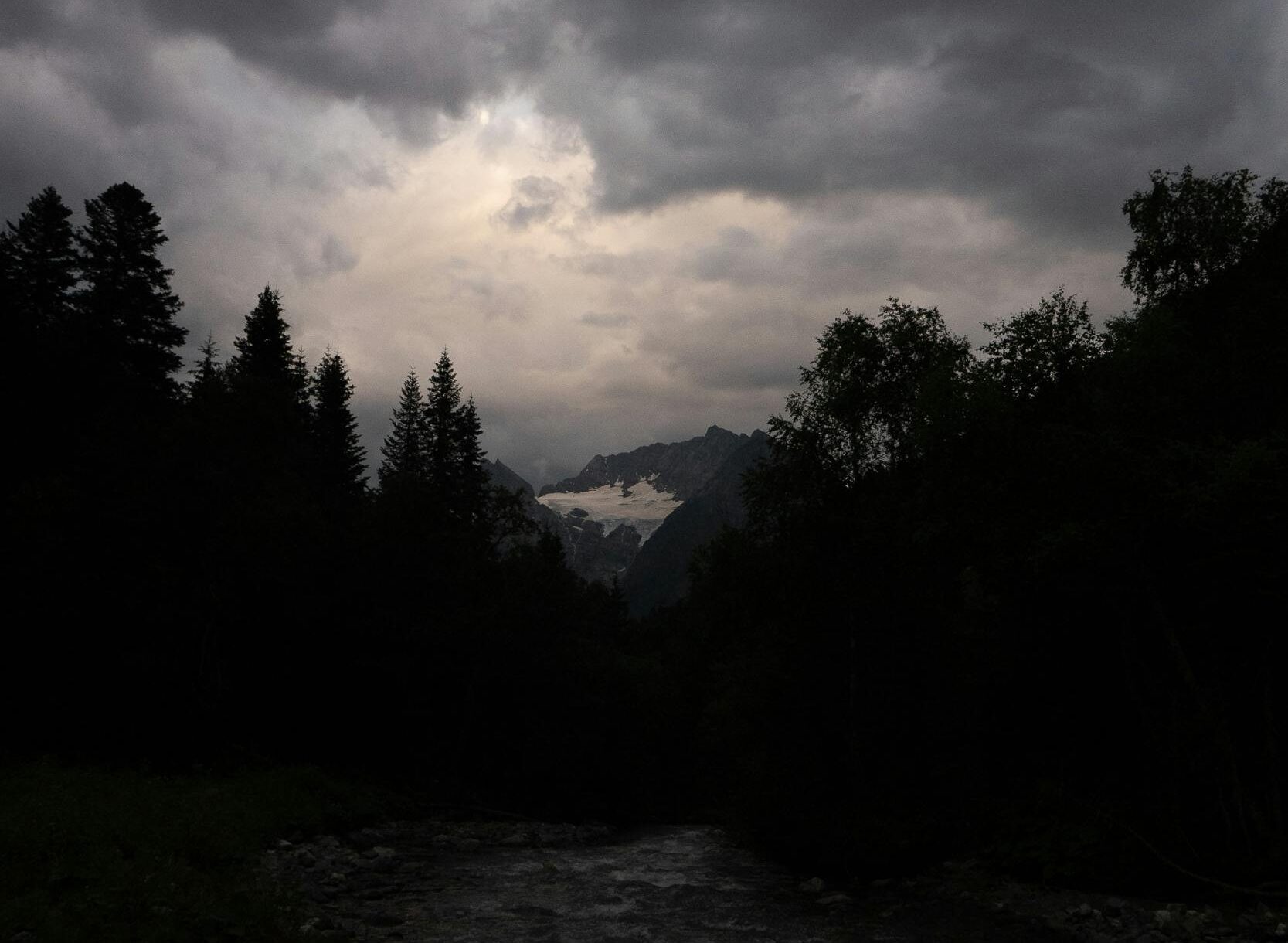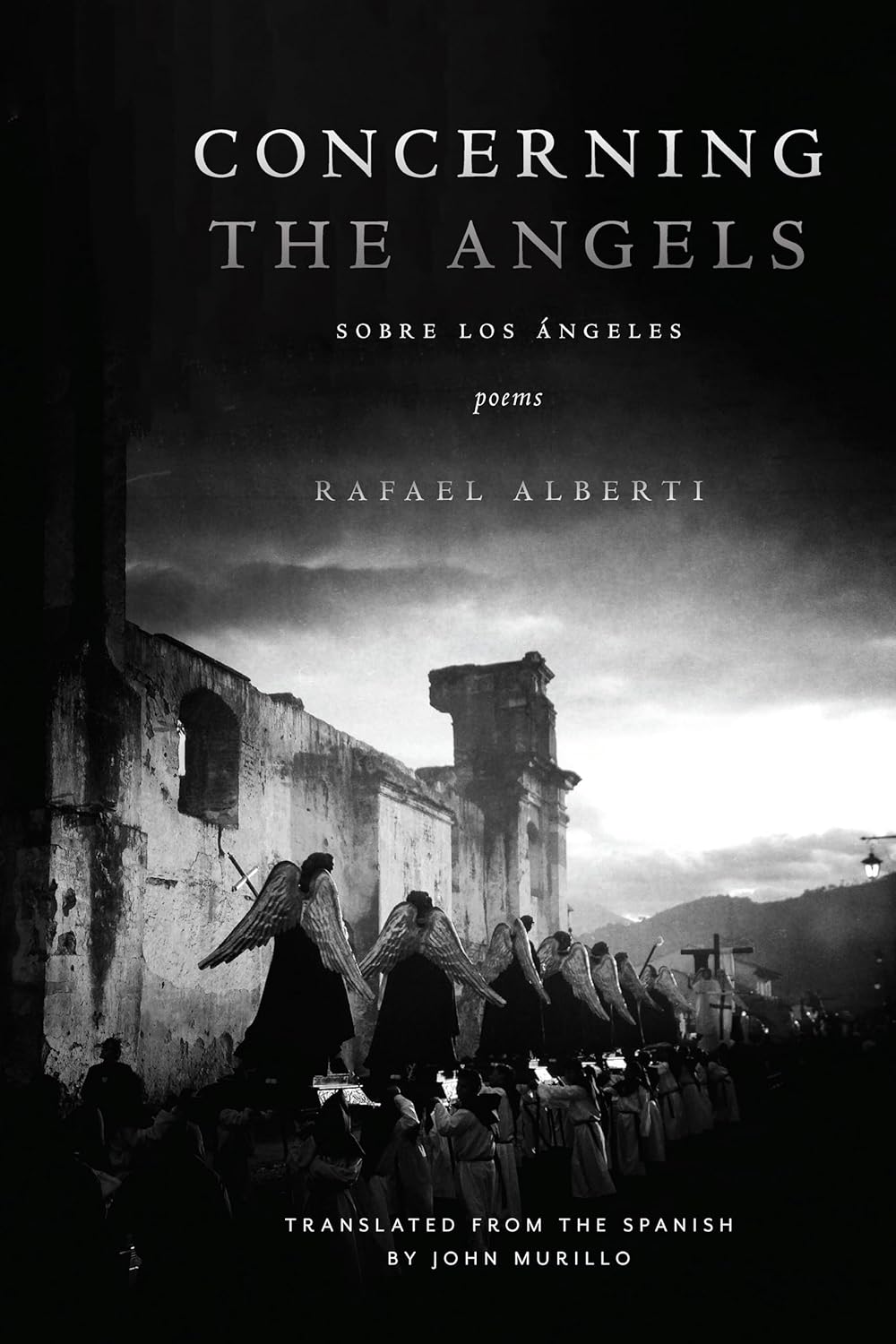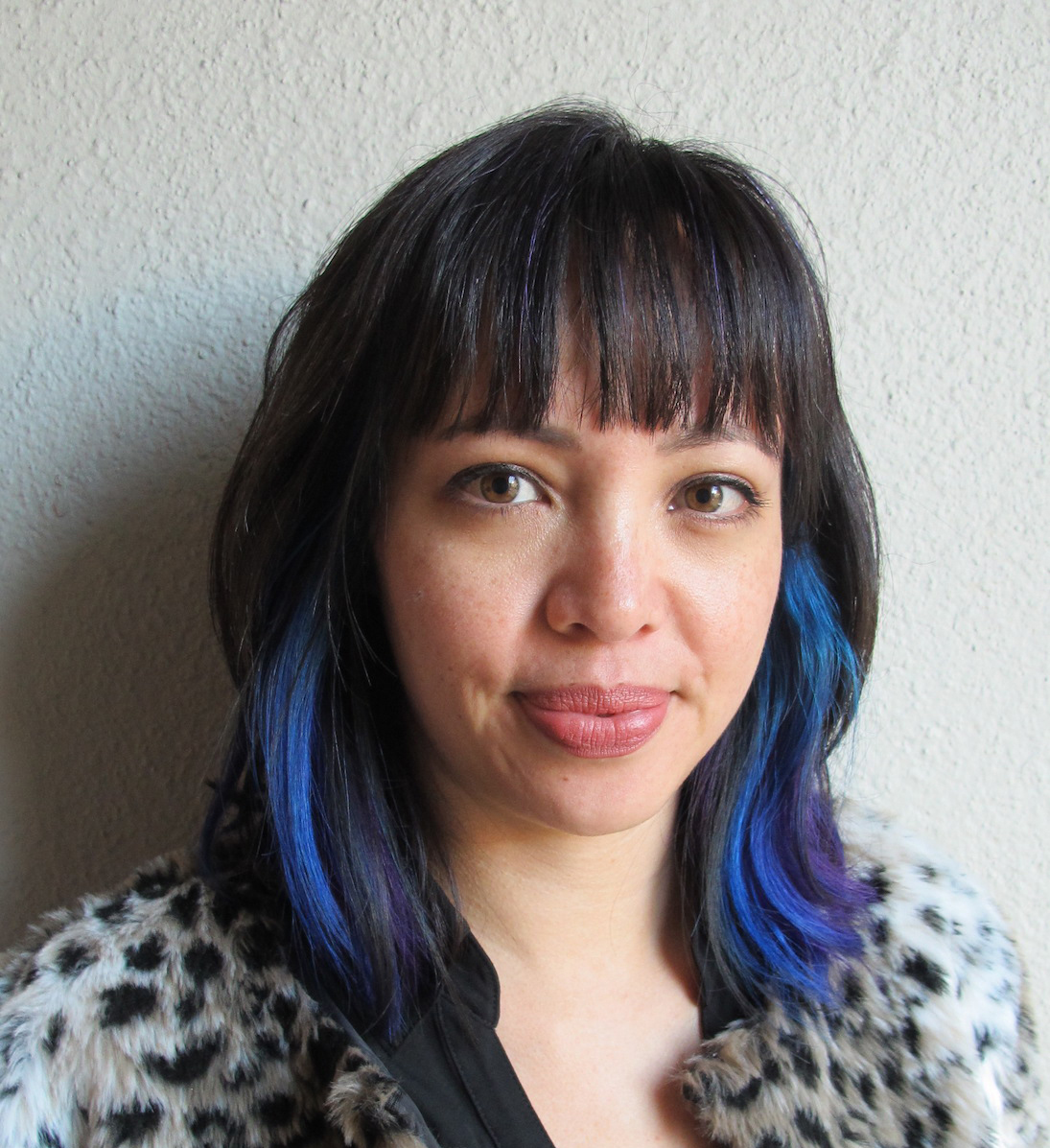By CRUZ ALEJANDRA LUCAS JUÁREZ
Translated by WENDY CALL & WHITNEY DEVOS
Poems appear below in English, and Spanish and Tutunakú, the original languages.
Translators’ Note
Poet Cruz Alejandra Lucas Juárez creates her work bilingually, in Spanish—the language in which she was educated—and in Tutunakú—the language in which she was raised. Tutunakú is the home language of approximately 220,000 people in the Mexican states of Puebla and Veracruz. It has multiple variants and Lucas Juárez seeks out speakers from different communities to expand her poetic vocabulary.
She generally begins writing in Tutunakú, but lines also come to her in Spanish, so she moves back and forth between the two versions of each poem, creating the bilingual pair simultaneously. “It’s two creation processes happening at the same time,” she says. Tutunakú is agglutinative, so it contains words up to a dozen syllables long that translate as whole phrases or sentences in Spanish. Her translation process must be “letter by letter, not word by word, because each word contains so much,” she explains. Tutunakú is also a highly metaphorical language: “being pregnant” translates to “I am not alone,” while “I miss you” translates literally as “My stomach is sinking.”
Although poetry is a regular part of Tutunakú cultural life, Lucas Juárez is the first woman to publish a book of poetry in the language. These poems are drawn from her 2021 debut collection, Xlaktsuman papa’ / Las hijas del Luno. The title, “Daughters of Luno,” uses the masculine version of the Spanish word for moon (luna). Luno is the metaphorical father of Tutunakú women.
We began co-translating “Daughters of Luno” in 2023, inspired by the depth of Lucas Juárez’ poetic voice, written when Lucas Juárez was in her early twenties. To create our English translations, we worked primarily from the Spanish, observing and listening to the Tutunakú versions, though neither of us has formally studied the language. We met with the poet in person and via video call, and also exchanged many messages. We are grateful for her patience, generosity, and linguistic expertise, all of which have been crucial to our process.
— Wendy Call & Whitney Devos
Table of Contents
- Litutunaaku
- Tantsulut Bird
- The Voice of The Buried
“Litutunaaku” is the Tututnakú people’s name for themselves. The word translates as “people who belong to the culture of the three hearts,” referencing the brain (memory), the antomical heart (physical life), and the stomach (emotional experience). Together, these three interdependent “hearts” sustain Tutunakú “triple consciousness.” “Li,” the word’s first syllable, refers to a Tutunakú person’s homeplace—which is central to identity.

